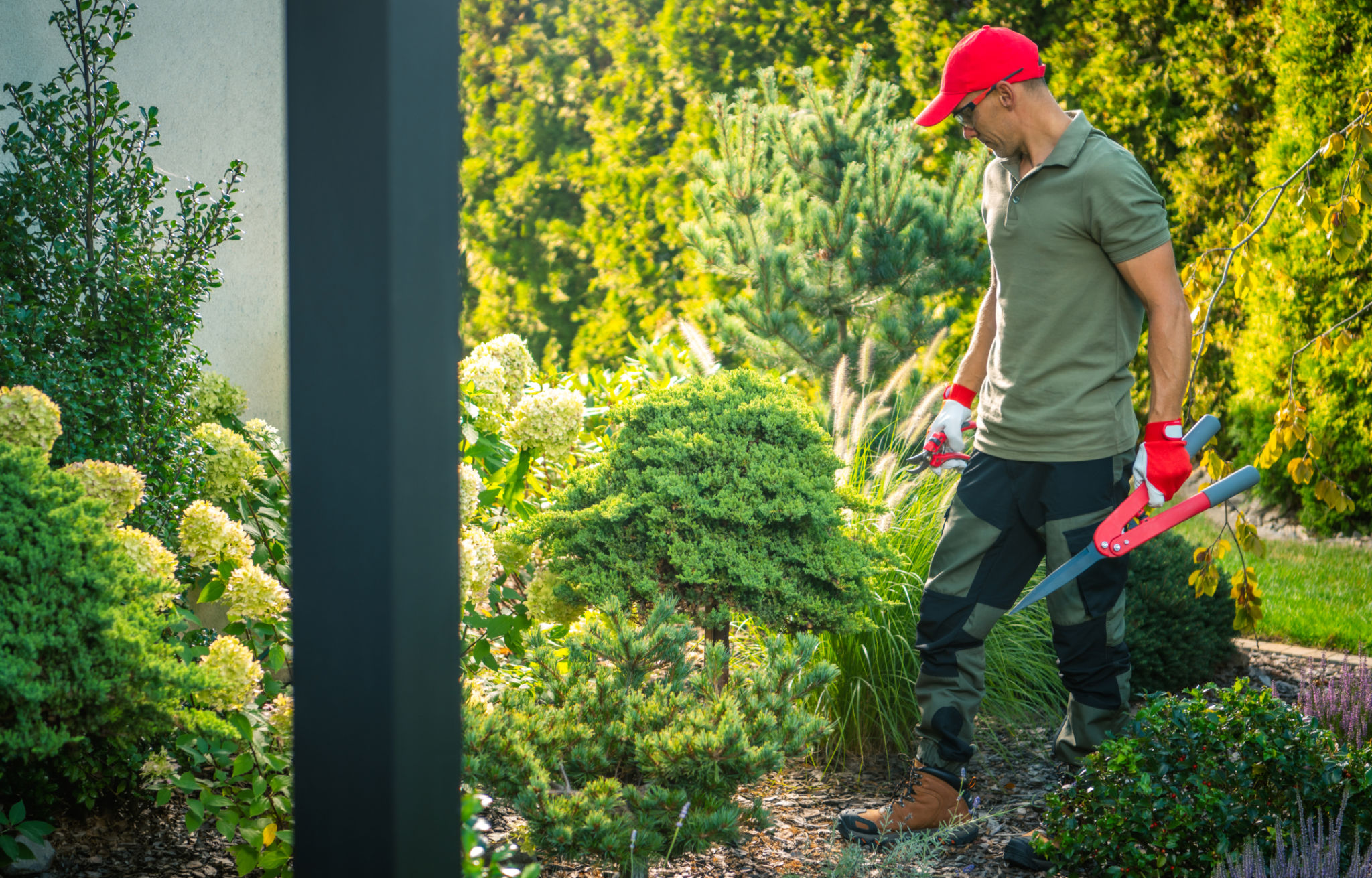Seasonal Landscaping Tips for Chicago's Unique Climate
Understanding Chicago's Climate
Chicago's unique climate poses distinct challenges and opportunities for landscaping. With its humid continental climate, the city experiences hot summers, cold winters, and unpredictable transitions between seasons. Understanding these climatic features is crucial for maintaining a thriving garden throughout the year.
The city’s proximity to Lake Michigan also influences weather patterns, often causing sudden shifts in temperature and precipitation. These factors should be considered when planning seasonal landscaping tasks to ensure your garden remains resilient all year round.

Spring: Preparing for Growth
Spring in Chicago is a time of renewal and preparation. As the ground thaws, it's essential to begin with soil testing to assess its nutrient levels. This will guide any necessary amendments, such as adding compost or fertilizer, to support healthy plant growth.
Pruning is another critical task during this season. Remove any dead or damaged branches from trees and shrubs to encourage new growth and shape the plants for the coming year. Additionally, consider planting perennials that thrive in the Midwest, such as coneflowers and black-eyed Susans.

Spring Planting Tips
- Start indoor seedlings for vegetables like tomatoes and peppers.
- Plant cool-season crops such as lettuce and spinach directly into the garden.
- Consider adding mulch to retain moisture and suppress weeds.
Summer: Maintaining and Managing
During the summer months, maintaining your landscaping efforts is crucial as temperatures rise. Regular watering is imperative, but be mindful of water restrictions and aim to water early in the morning or late in the evening to reduce evaporation.
Pest control becomes increasingly important as well. Keep an eye out for common pests like aphids and caterpillars, and use environmentally friendly methods to manage them. Additionally, deadheading flowers can promote further blooming and keep your garden looking vibrant.

Summer Lawn Care
Your lawn requires special attention in the summer heat. Mow at a higher setting to protect grass roots from scorching, and consider using slow-release fertilizers to provide consistent nutrients without overwhelming the soil.
Fall: Preparing for Dormancy
As temperatures begin to drop, fall is the ideal time to prepare your garden for winter dormancy. Start by cleaning up fallen leaves and debris, which can harbor pests and diseases over the colder months. Consider composting these materials to enrich your soil naturally.
Fall is also an excellent time to plant bulbs for spring blooms. Tulips, daffodils, and crocuses can be planted before the first frost to ensure a colorful display when spring arrives again.

Winterizing Your Garden
- Apply a final layer of mulch to insulate roots against extreme cold.
- Drain and store garden hoses and irrigation systems to prevent freezing damage.
- Wrap delicate shrubs with burlap for added protection from harsh winds.
Winter: Planning and Reflecting
While winter may seem dormant, it's an excellent time for planning and reflecting on your landscaping achievements and challenges. Take this opportunity to research new plant varieties or design ideas that can enhance your outdoor space come spring.
Consider sketching out a new garden layout or compiling a list of tasks for the upcoming year. With thoughtful preparation, you can ensure that your Chicago garden will thrive season after season despite the city's unique climatic challenges.
